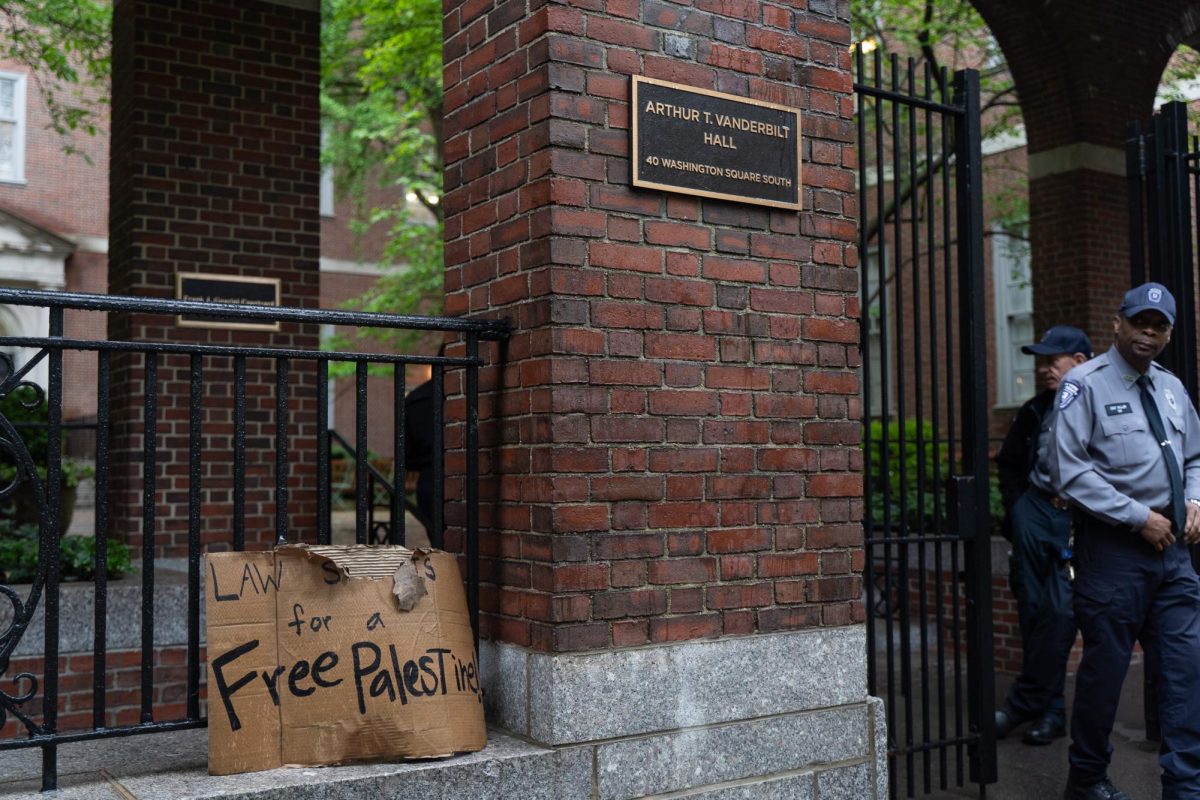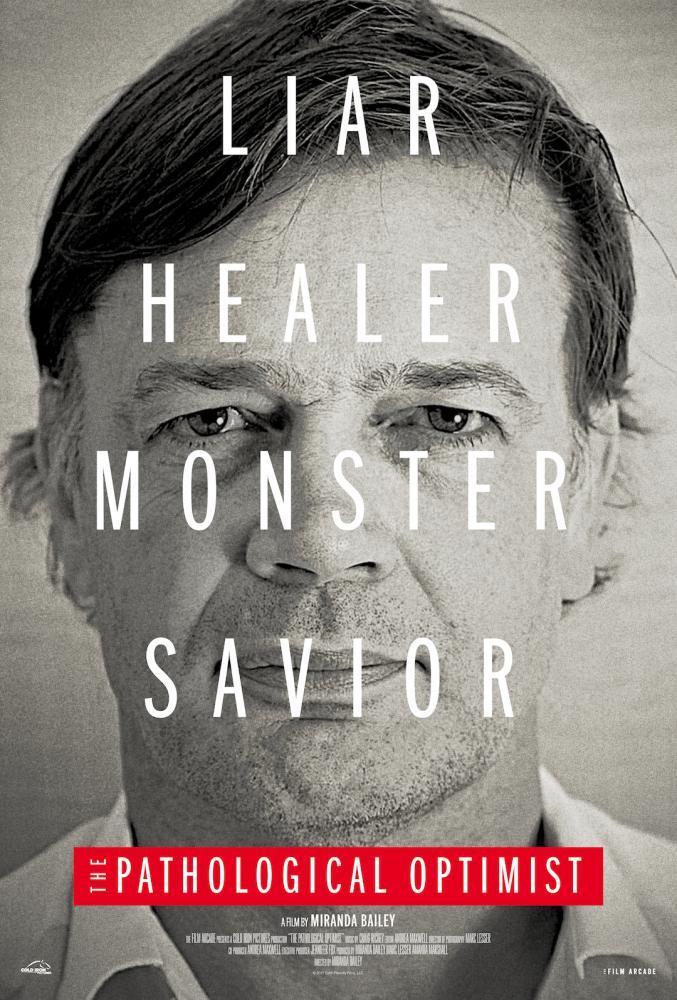Anti-Vaccine Doc Fails to Condemn Lies
Courtesy of Nathaniel Baruch (Brigade Marketing)
The new documentary “Pathological Optimist” follows the doctor who linked vaccines with autism, Andrew Wakefield.
September 26, 2017
“The Pathological Optimist,” taken strictly on the merits of how it is made, is fine, if unspectacular. It covers its topic, a prominent anti-vaccine researcher, thoroughly without flare or surprise. It gives sufficient behind-the-scenes detail while providing just enough in terms of graphics. The film also differs events to keep it from being too boring. It is perfectly serviceable.
As a documentary on a tumultuous political figure, it is a much different story. “The Pathological Optimist” follows the five-year journey of Andrew Wakefield, a former doctor whose medical license was revoked when it was found that he distorted data when conducting work on linking vaccines to autism. It was also found that he might have had several conflicts of interest. The film follows him and his family, now living in Texas, as they try to file a defamation suit against the British Medical Journal and Brian Deer, a Sunday Times of London reporter who uncovered Wakefield’s financial conflicts of interest.
The film and its creative team boast objectivity, insisting in the film that they will let Wakefield’s behavior speak for itself. It sounds noble, but he has been censored and had his platform removed for a reason: giving him a platform to talk allows him to forward his ideas, and some people will buy into them. By neither challenging nor taking a stand against Wakefield, the filmmakers paint an excessively sympathetic picture of him.
The majority of the film focuses on Wakefield and his family as they — putting it generously — bend the truth in their favor. Wakefield’s wife mocks and insults the mannerisms of a judge in Texas. Wakefield himself is filmed working out in the woods to give him a soulful, wise feeling — just before he stalks a critic on social media. His lawyers twist Wakefield’s words, insisting that he did not actually say vaccines are linked to autism.
The problem is not necessarily that this man’s story is being told; the problem is how it is framed. The film frames him as a man wronged for trying to investigate a vital public health concern that no one else was studying. But the topic has already been studied, and we already have the answers. In reality, Wakefield is desperately feeding his ego after pushing falsehoods that resulted in people losing their lives and in the resurrection of several dead diseases. While plenty of viewers will see this, countless others will buy into the Wakefield family’s ploy for sympathy.
One wants to assume the filmmakers have the best intentions, but when the director features a phone conversation between her and her lawyer as the lawyer recommends not making the film, there is the sinking suspicion the filmmakers want to feed off the scandal.
I would recommend this film on two grounds. One, watch it if you want to feel infuriated for 90 minutes. Two, watch if you want to know exactly what you are up against when advocating for vaccines. This film makes one thing clear: if you support the kinds of important vaccines which have ensured generations of children will be safe from deadly diseases, you are fighting an uphill battle. But if you have distorted data and conflicts of interest that could sway your opinions against vaccines or continue to parrot lies, you will get a moody, sympathetic documentary.
“The Pathological Optimist” opens at the Angelika Film Center at 18 W. Houston St. on Friday, Sept. 29.
Email Carter Glace at [email protected].























































































































































